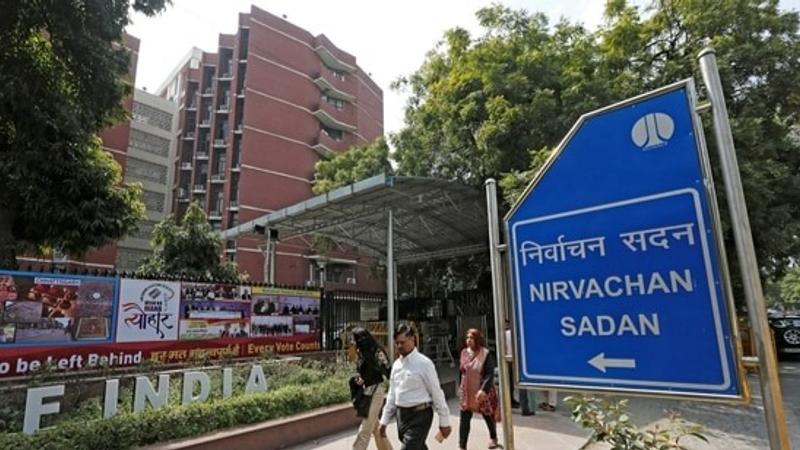Published 14:39 IST, January 7th 2025
Model Code of Conduct Comes Into Force in Delhi. What it Means | Rules Explained
The Model Code of Conduct (MCC) is a set of guidelines established by the Election Commission of India (ECI) to ensure free and fair elections.

Model Code of Conduct in Delhi: With the announcement of the Delhi Assembly election 2025 dates, the Model Code of Conduct (MCC) has come into effect across the Union Territory and will remain in place until the declaration of results. The MCC is designed to ensure a level playing field for all political parties, but its enforcement also changes the functioning of the government. From halting freebies announcements to restricting the use of public resources for campaigning, the MCC introduces a framework that prioritises fairness and transparency in the electoral process.
Here's a breakdown of how governance and public life in Delhi will be impacted after the enforcement of MCC.
What is the Model Code of Conduct?
The Model Code of Conduct (MCC) is a set of guidelines established by the Election Commission of India (ECI) to ensure free and fair elections. These norms apply to political parties, candidates, and the government, aiming to create a "level playing field" during elections and maintain the integrity of the democratic process.
Key Changes with MCC Enforcement:
- When the MCC is enforced, it brings several restrictions to government operations and political activities
- Restrictions on Announcements: Ministers and authorities are prohibited from announcing financial grants or promises once elections are announced.
- Foundation stone-laying ceremonies and the initiation of projects or schemes are barred, except for routine administrative work by civil servants.
- Promises related to development projects like road construction or drinking water facilities are not permitted during the election period.
- Ad-hoc appointments in government departments or public sector undertakings that could sway voters in favor of the ruling party are strictly prohibited.
- Ministers and officials are restricted from sanctioning grants or payments from discretionary funds once election dates are announced.
- Official visits must not be combined with election campaigning.
The use of government transport, official machinery, or personnel for electioneering is strictly forbidden. - Public places such as maidans and helipads must be made accessible to all parties on equal terms.
- Government accommodations like rest houses and dak bungalows cannot be monopolized by the ruling party or its candidates.
- These facilities cannot be used as campaign offices or for public meetings related to election propaganda.
- Government-funded advertisements in newspapers or other media are banned during the election period.
- Official mass media cannot be misused to promote achievements or political propaganda that favor the ruling party.
Consequences of MCC Violations
The MCC itself is not legally enforceable but can be implemented through related statutes such as:
The Indian Penal Code (1860)
The Code of Criminal Procedure (1973)
The Representation of the People Act (1951)
The ECI also has the authority under Paragraph 16A of the Election Symbols (Reservation and Allotment) Order, 1968, to suspend or withdraw a political party's recognition for violations.
Get Current Updates on India News, Entertainment News along with Latest News and Top Headlines from India and around the world.
Updated 14:39 IST, January 7th 2025




